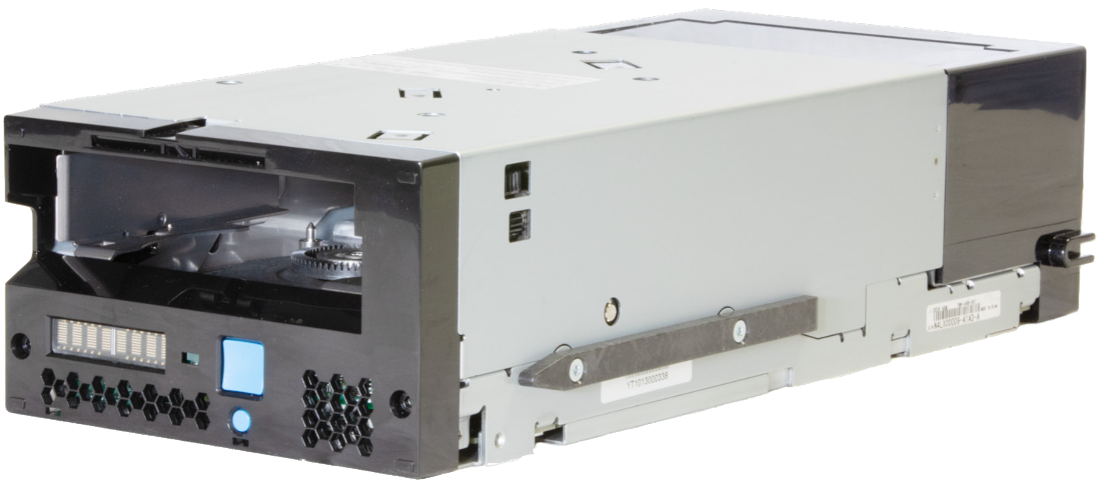Back in the day: Consumers stopped using magnetic tape storage so long ago that many reading this are likely too young to know what it is. However, its ability to store massive amounts of data on relatively small media makes it useful for many organizations as a long-term backup solution. So, companies like IBM never stopped developing this mature technology.

IBM recently introduced its latest magnetic tape drive and cartridge type, with more than double the storage capacity of previous models. It should help cloud storage providers and other enterprise customers store extreme amounts of data more efficiently.
Magnetic tape drives have long occupied the role that hard drives have shifted toward since the emergence of SSDs – cost-effective cold storage. Although they're too slow for most users, recent developments allow magnetic drives to carry hundreds of gigabytes per square inch of tape. This week, IBM's offerings in the space took another step forward.
The company's new TS1170 drive can store 50TB of uncompressed data per tape cartridge using the new JF media type. Employing 3:1 compression expands the capacity to 150TB. The technology represents a 250 percent increase over the TS1160 drive and JE media, which reached 20TB uncompressed and 60TB compressed. Additionally, the TS1170 manages a native data rate of 400 MB/s, increasing to 900 MB/s when handling compressed data.

IBM's new drive comes in two types: the Model 70F with a dual-port 16 Gb Fibre Channel interface and the 70S with a 12 Gb SAS dual-port interface. The 70F also supports standalone installations through traditional Fibre Channel host attachment interfaces for cloud-based and open-compute setups.
Additionally, a 3U form factor rack mount kit makes the 70F compatible with most 19-inch racks, enabling installation from the front or back without tooling. The equipment supports IBM's TS4500 tape library and is RoHS-3-compliant.
Other TS1170 features include speed matching, high-resolution tape directory, Channel calibration, dynamic adaptive equalization, capacity scaling, WORM storage (write-once-read-many), data compression, and more. Encryption works through IBM Security Key Lifecycle Manager and can be either library or application-managed.
Unfortunately, switching to a new cartridge form factor means the TS1170 lacks compatibility with the cartridges used by prior drive models like types E or D. Moreover, the drive currently doesn't support connections to an IBM TS7700, and only one system can use the TS1170 at a time.
https://www.techspot.com/news/99928-ibm-introduces-enterprise-magnetic-tape-drive-holds-50tb.html